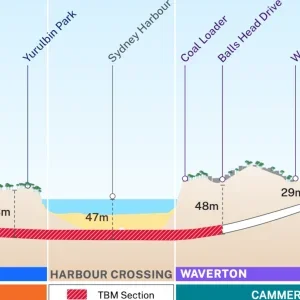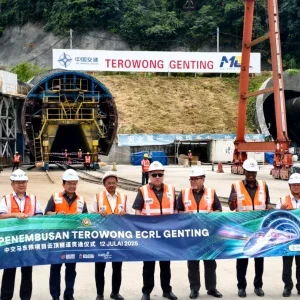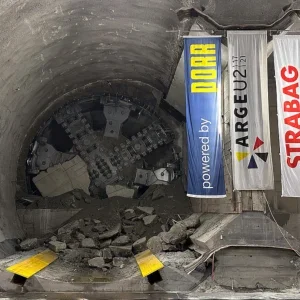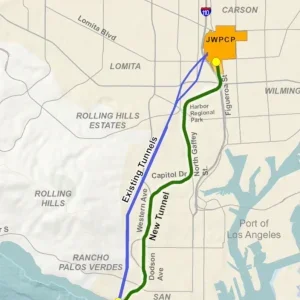A£1.2M payout by utility North West Water to eight workers who had vibration white finger, could have serious implications for the tunnelling industry.
“Though the tunnelling type of work is not exactly the same as general trenching and surface excavation, many of the tools used will be similar or have similar vibration effects,” said Dr Andrew Colvin, a doctor with detailed knowledge of construction and tunnelling based at the North Sea medical centre in Great Yarmouth. He also works with the BTS.
The eight workers involved in the settlement were employed in general construction by the direct labour department of the water company, said a spokesman for United Utilities, which owns NWW. The settlement was reached out of court as compensation for loss of earnings.
The GMB union said the men had been forced out their jobs by disability, but NWW said that they had left as a result of negotiation.
“They were keen to progress medical retirement,” said the spokesman. Even so, the utility made a payment which “technically recognised that we were negligent”. It should have monitored and measured the men’s health especially when symptoms came to light. It says that it has since instigated a programme of monitoring and health surveillance and also writes such as requirement into term of contracts for maintenance contractors. The direct labour department was disbanded early this year.
Though not a precedent setting case in itself, nor the first of its kind, the NWW settlement indicates that there is an upwards trend towards much greater compensation for industrial diseases, said Dr Colvin.
Contractors need to be aware of their responsibilities he said. Above danger levels they must instigate routine health monitoring to detect signs of the disease.
Current HSE guidelines say that exposure to vibration must not exceed 2.8m³/sec, a cumulative measure. It is not an absolute limit but an “action level” over which measures to do health surveillance must be carried out.







